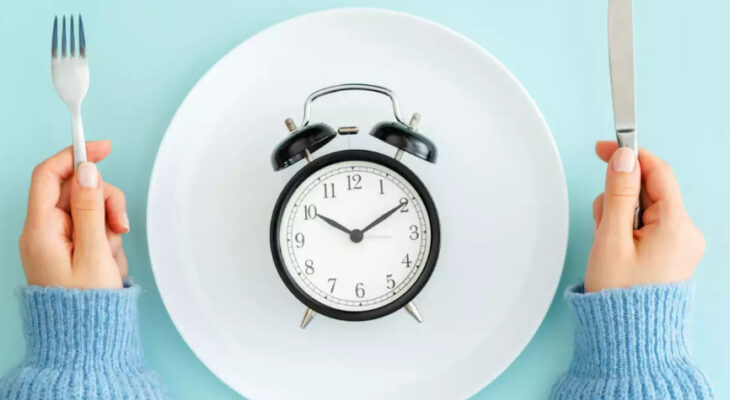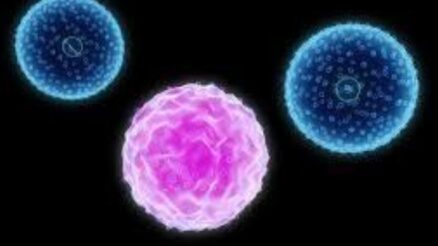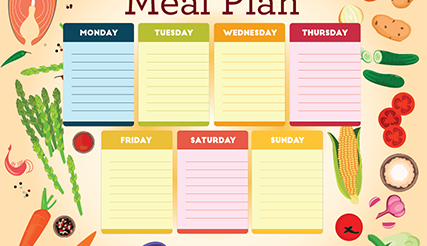Intermittent Fasting Facts # 1 Start
We often encounter the same questions about periodic fasting. That is why there is now the new category IFF – Intermittent Fasting Facts. Here we answer the FAQs of intermittent fasting.
And here comes Intermittent Fasting Facts # 1:
How do we start intermittent fasting?
Set fasting and a meal period. ( Which IF method do you want to use? )
Now you can a) proceed radically or b) adapt slowly – both work very well, it only depends on your personality.
a) Immediately – from one day to the next – go over to the desired rhythm.
b) Slowly – from day to day – extend the fasting phase until you have arrived at the desired fasting rhythm.
Make sure that you do not consume anything during the fasting phases and that you consume sufficient nutrients/calories during the eating phases. You will only have long-term success with a good balance!
Know that if you are carrying 30% body fat, you won’t have your six-pack in three days. The long-term route is the solution, especially for major weight reductions!
Intermittent Fasting Facts # 2 Drinking
What can we drink during periodic fasting?
Calorie-free drinks can be consumed during the fasting phase, i.e. water, tea, and coffee
Coffee should ideally be drunk black, if you don’t like that at all, you can also add a tablespoon of milk, cream, coconut oil, or MCT oil (this will not interrupt the autophagy )
Coffee has additional advantages: it inhibits the feeling of hunger, supports fat burning through stronger catecholamine release and thermogenesis – but don’t overdo it with coffee! It seems stronger when sober.
You should explicitly exclude fruit juices, vegetable juices, milk and of course soft drinks. Not only does the sugar intake inhibit fat burning, but also because autophagy is interrupted.
In the eating phase, you can let off steam and also consume drinks containing calories. I don’t recommend it though.
Beverages containing calories do not feel full and are high in sugar and low in nutrients.
Soft drinks – also “light” or “zero” variants – I would generally delete.
Milk can be used on training days to consume enough calories if you have problems getting all the calories from solid food.
Intermittent Fasting Facts # 3 Autophagy
Very detailed explanations of autophagy/autophagocytosis can be found in the autophagy article, but here again a compact summary on request.
Why should I trigger autophagy?
- damaged cell components can be broken down and recycled
- the process of cell cleaning and renewal is stimulated
- the cell functions are thereby maintained and improved
How can I trigger autophagy?
- Provoke phases with nutrient deficiency (see periodic fasting )
- trigger physical stress (sport: both strength and endurance training)
- Keeping calorie restriction (a chronic, mild calorie deficit)
How is autophagy inhibited?
- too high a meal frequency
- a chronically elevated insulin level





